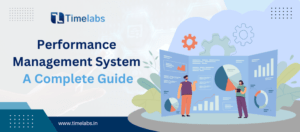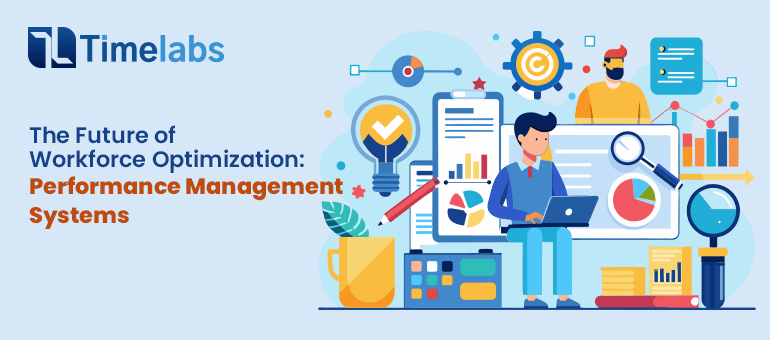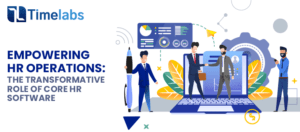In the rapidly evolving landscape of Human Resources (HR), the integration of Artificial Intelligence (AI) has emerged as a transformative force, promising increased efficiency, streamlined processes, and a revolutionized approach to talent management. However, this surge in AI utilization within HR comes hand in hand with profound ethical considerations, revolving around bias, transparency, and the preservation of human connection.
The Bias Conundrum
A paramount concern in the realm of AI-driven HR is the potential reinforcement and amplification of pre-existing biases. The very data used to train AI models may inherently carry biases, leading to discriminatory outcomes in recruitment, performance evaluation, and promotion decisions. Picture an AI algorithm favoring candidates from specific demographic groups due to biased hiring data, inadvertently perpetuating inequalities in the workplace.
Addressing this issue necessitates a meticulous approach to data ethics. Organizations must ensure that the data used to train AI models is not only comprehensive but also representative and unbiased. Regular audits of datasets should be conducted to identify and mitigate potential biases, promoting fairness in decision-making. This involves a comprehensive evaluation of the data sources, cleansing processes, and continuous monitoring mechanisms to foster an inclusive AI environment.
Also, read: HR Software: 5 Reasons for Successful Remote Working
The Transparency Challenge
Compounding the bias conundrum is the opacity of many AI algorithms, creating a significant challenge in understanding how decisions are formulated. The lack of transparency can foster distrust among employees, who may harbor concerns about the fairness and arbitrariness of AI-driven decisions. Addressing potential biases within these opaque systems becomes a daunting task, further exacerbating the ethical dilemma.
To overcome the transparency challenge, organizations must select AI models that are not only effective but also transparent and interpretable. The choice of algorithms should prioritize explainability, enabling organizations to comprehend decision-making processes. This empowers them to identify and rectify biases effectively, fostering an atmosphere of trust and accountability. Transparency, achieved through comprehensible algorithms, is the cornerstone of addressing employee concerns and building confidence in AI-driven HR processes.
Also, read: Why Opting for a User-Friendly HR Software is Imperative for Organizational Success?
The Human Connection Dilemma
Despite AI’s capacity to automate various HR tasks, the preservation of human connection remains indispensable for a healthy and productive workplace. It is imperative to view AI not as a substitute for human interaction but as a tool to enhance and support human decision-making. Organizations must navigate the delicate balance, ensuring that AI augments processes without diminishing the crucial aspects of trust, empathy, and overall well-being.
This involves fostering a culture where AI is embraced as a facilitator rather than a replacement. Human connection can be enhanced by leveraging AI to handle mundane tasks, freeing up time for meaningful human interactions. Maintaining human oversight over all AI-driven HR decisions becomes essential. This safeguards the responsible and ethical use of AI, ensuring that technology complements human judgment rather than replacing it.
Also, read: 12 SMART HR Goals for a Successful 2024
Finding the Right Balance
To harness the benefits of AI in HR while mitigating ethical risks, organizations must adhere to key principles:
Upskilling and Reskilling
Invest in comprehensive training programs to help employees adapt to the evolving workplace. Equipping them with skills necessary to thrive in an AI-powered environment fosters a harmonious integration of technology and human expertise. This involves identifying specific skills gaps, tailoring training programs, and fostering a continuous learning culture to ensure employees remain agile in a rapidly changing professional landscape.
Focus on Fairness and Equity
Utilize AI to actively promote fairness and equity within the workplace. This involves identifying and rectifying existing biases to create a more inclusive and equitable professional environment. Implementing fairness algorithms and conducting regular audits can help organizations proactively address biases, fostering an environment where every employee feels valued and treated equitably.
By adhering to these principles, organizations can optimize the use of AI in HR, fostering efficiency, effectiveness, and ethical practices.
Also, read: Things You Must Know About Application Tracking System (ATS)
Conclusion
The potential revolutionizing impact of AI in HR demands a responsible and ethical approach. By acknowledging the ethical conundrum and actively taking steps to mitigate associated risks, organizations can shape a future of work that is not only efficient but also socially responsible.
In addition to the principles outlined above, organizations should consider:
- Developing clear ethical guidelines based on principles such as fairness, transparency, and accountability.
- Creating a culture of trust and transparency around AI usage in HR, providing employees with information and avenues to voice concerns.
- Investing in research and development to continually improve the fairness and transparency of AI algorithms.
By implementing these additional measures, organizations can ensure that AI becomes a positive force, contributing to a more equitable and inclusive workplace for all.



